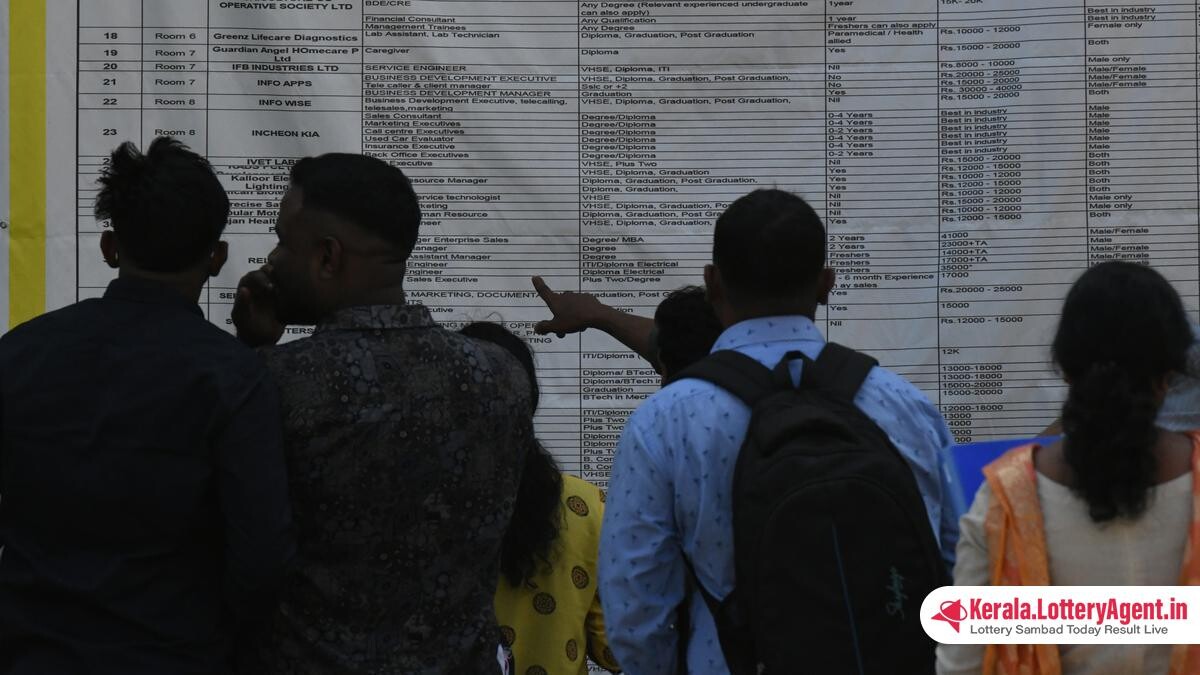
As the 2024 Lok Sabha elections inch closer, the political landscape of India becomes more dynamic with a plethora of issues vying to shape the electoral agenda. While political parties grapple to position their narratives, and the media alongside opinion makers engage in fervent discussions, it is ultimately the voters’ concerns that could tip scales during an election. To gauge these pivotal issues, CSDS-Lokniti executed a pre-poll survey which sheds light on voter priorities through an open-ended question, probing the issue they deemed most critical to their voting decision.
Three concerns have distinctly emerged atop the hierarchy of voter issues: unemployment, price rise, and development. The findings suggest a potential preference amongst certain voter segments: those honed in on development issues may have an inclination towards the BJP. Contrastingly, the weighty matters of unemployment and the surging price rise may send an alarming signal to the same party, given that these considerations occupy the minds of half the survey’s respondents.
The prevalence of unemployment as a central concern is hardly startling. The International Labour Organization’s (ILO) India Employment Report for 2024 highlights a stark reality, revealing that a staggering 83% of the unemployed in the country are under 30 years old. This aligns with the shift observed in the pre-poll survey; the proportion of respondents prioritizing unemployment has surged from a mere 11% in 2019’s post-poll survey to an alarming 27% in 2024. Likewise, the issue of price rise has soared by 19% since the last study, amplifying its importance among voters’ concerns.
The dissection of these results reveals intriguing nuances which political strategists could find invaluable. Wealth appears to influence concern, with affluent participants less likely to underscore unemployment and price rise as pressing issues. Conversely, rural respondents are more attuned to these matters. In terms of educational demographics, those with lower education levels veer towards price rise worries, while the more educated, along with younger voters, express heightened concern for the unemployment crisis.
Interestingly, despite the high-profile nature of issues such as corruption and the Ram Mandir, these topics seem to have receded in the minds of voters, at least autonomously. A mere 8% of respondents raised these issues unprompted. This does not imply a lack of awareness but perhaps signals their dependency on active campaigning to gain traction among the electorate.
Against the backdrop of an assortment of voter concerns, the crux of the matter lies in how these issues will be projected and harnessed during campaigns, ultimately influencing their impact on the electoral outcome. It’s a nuanced tug-of-war, with the election potentially swinging on the degree to which political entities successfully address these pivotal issues in the eyes of a diverse and discerning electorate.
The coming months are poised to witness intense political maneuvering, as parties attempt to resonate with public sentiment and shape their campaigns to align with voters’ realities. The findings underscore a ground reality that the electorate’s concerns are multifaceted and dynamic; thus, political entities must be both responsive and proactive in their election strategies.
With the elections on the horizon, it is imperative that parties listen to the collective voter’s voice that resounds with concerns of unemployment, escalating prices, and the pursuit of development. How they respond to these concerns through their electoral campaigns may well determine the fate of the next Lok Sabha.
Sanjay Kumar, a renowned Professor and Co-director at CSDS-Lokniti, and Nirmanyu Chauhan, a researcher, have engendered this nuanced perspective on election issues. As India moves towards the 2024 General Elections, their insight reveals the pulse of the nation, with the economy, unemployment, inflation, and development casting long shadows on the political stage.












